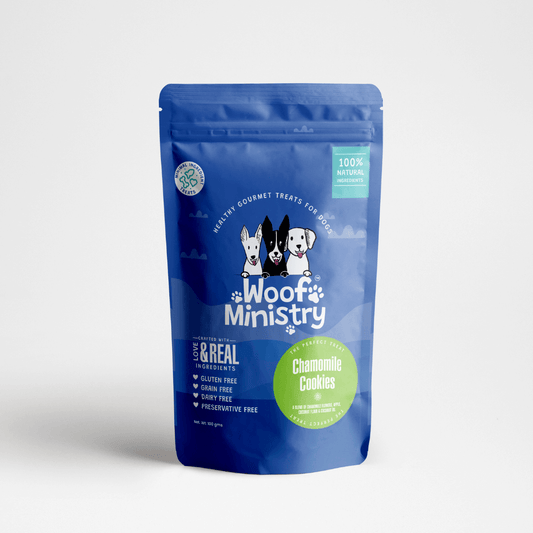Common Causes:
General Anxiety – A cause for anxiety can’t always be determined. It might be that the primary event that caused the onset of anxiety happened in the past and went unnoticed or occurred before your pet became a member of your family. It’s also possible that your dog is just prone to anxiety and they get upset anytime there is a change to their routine or environment. Separation Anxiety – This could happen when a dog that’s hyper-attached to their owner gets super-stressed when left alone. Separation anxiety is also common in rescue / former shelter dogs. A dog that has it shows a lot of stress when they are alone. They might:
Howl, bark, or whine to excess
Have indoor "accidents" even though they are housebroken
Chew things up, dig holes, scratch at windows and doors
Drool, pant, or salivate way more than usual
Pace, often in an obsessive pattern
Try to escape
Illness-induced Anxiety – Dogs with Hypothyroidism, Thyrotoxicosis, Encephalitis, Pre-diabetes, or Hearing or vision loss may suffer from illnessinduced anxiety. If your dog exhibits a sudden or extreme behavior change, take them to the vet so they can rule out any underlying medical conditions.
Natural Remedies:
Lavender is known for its calming properties in the world of humans. This also holds true for our pets! Spraying some calming spray on your pooch can help them relax and make them less anxious.The consumption of chamomile also is highly beneficial, not only for anxiety, but also for overall wellness. We also recommend that the dog be given a good massage to help them relax and thereby reduce stress. If the anxiety of your pet is causing destructive behaviour, it is recommended that all that excess energy be directed towards chews or interactive toys. This will distract them and also mentally stimulate them.




